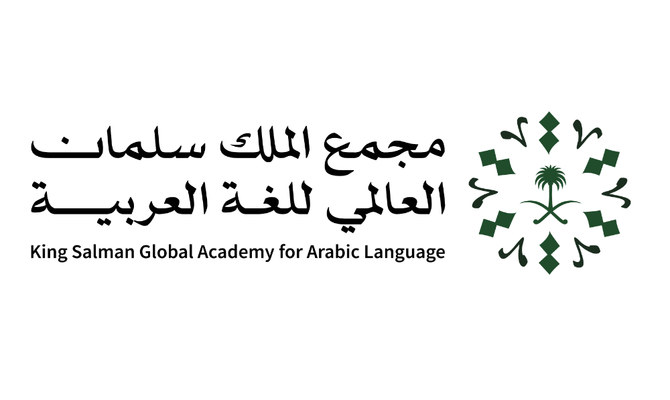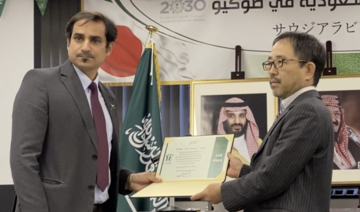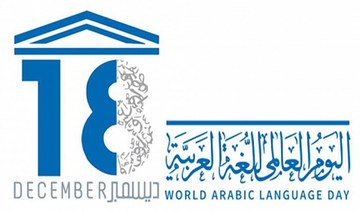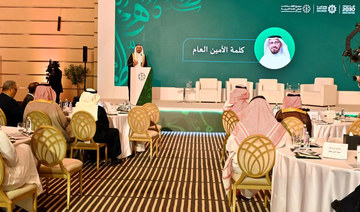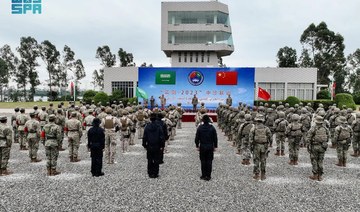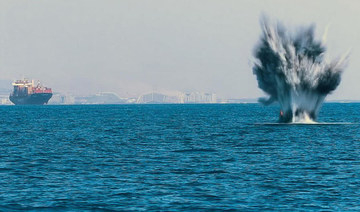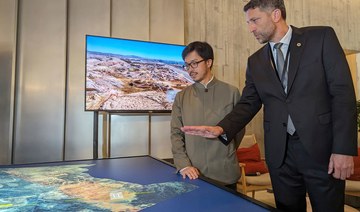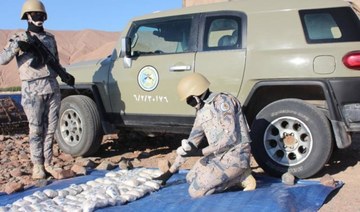MAKKAH: Artificial intelligence is an increasingly important part of modern life and the technologies we rely on, but it is also being used to enhance awareness and understanding of more traditional and long-established aspects of our lives and cultures.
For example, AI is serving the Arabic language through its use in applications that support teaching and learning and assist in the development of dictionaries and programs to help millions of people worldwide to learn and use the language.
Abdullah Al-Washmi, the secretary-general of the King Salman Global Academy for Arabic Language, told Arab News that the academy aims to become a global reference resource for the language by providing the tools required to promote, teach, learn and encourage the use of Arabic, in accordance with the objectives of the Kingdom’s Vision 2030 and its Human Capability Development Program.
Part of the academy’s strategy involves a focus on accelerating the pace of technical research in various fields relating to the Arabic language, using AI tools to aid understanding, he added.
AI has become a major enabler of the teaching and learning of languages, Al-Washmi said, by helping to provide multiple learning patterns that allow students to learn Arabic in ways tailored to their needs. He added that they can choose the form and level of teaching that best suits them, along with the specific field in which they intend to use the language, and the AI will adapt each student’s learning experience to their particular needs by helping to identify and address any weaknesses and build on strengths.
“When it comes to Arabic speakers, AI helps them develop their skills by providing tools for learning Arabic grammar in a way that differs from the one taught in traditional books,” Al-Washmi said.
“In addition to teaching young people the language using techniques and educational methods that fit their needs, AI also enables students to choose the method through which they want to learn, such as simulation, dialogue or other methods they might prefer.”
AI provides amazing solutions thanks to the high-performance devices it runs on and the amount of data it can process, he added. For example, it can help people learn Arabic and develop reading skills by automatically identifying and correcting pronunciation, evaluating the current reading level, and helping to control the speed of reading, speaking and listening. It can also help to develop writing skills by correcting spelling, grammar, semantics and generating complete sentences.
AI can help to enhance the level of speaking and listening skills through smart dialogue systems, Al-Washmi said. It also allows users to explore other linguistic fields such as summarizing, translating, improving searches, detecting fraud, plagiarism and rumors, identifying hate speech and answering questions. All of these contributions are grouped into a science called natural language processing, or computational linguistics, which brings together specialists in AI and linguistics.
Speaking about modern ideas for teaching Arabic through AI, he said that the use of robots has received widespread acclaim in educational circles in many parts of the world. These robots offer near-limitless opportunities for students to think, design, implement their ideas, employ scientific principles and complete research.
AI is helping to make robots more intelligent and effective in communicating, following instructions, answering questions, providing lessons, and performing some Arab customs that Arabic-language students sometimes needs to know to help them learn, Al-Washmi said.
He added that the virtual world offers opportunities to facilitate the teaching and learning of Arabic and make the educational experience more exciting and enjoyable. It also allows students to become totally immersed in virtual Arabic-speaking environments.
The academy recently concluded a deal with THIQAH Business Services to develop applications for the Arabic language by building linguistic data sources and tools for archiving and analysis and making them available to academics, experts, and students. This project aims to raise knowledge and awareness of the Arabic language and improve the quality of published Arabic content.



